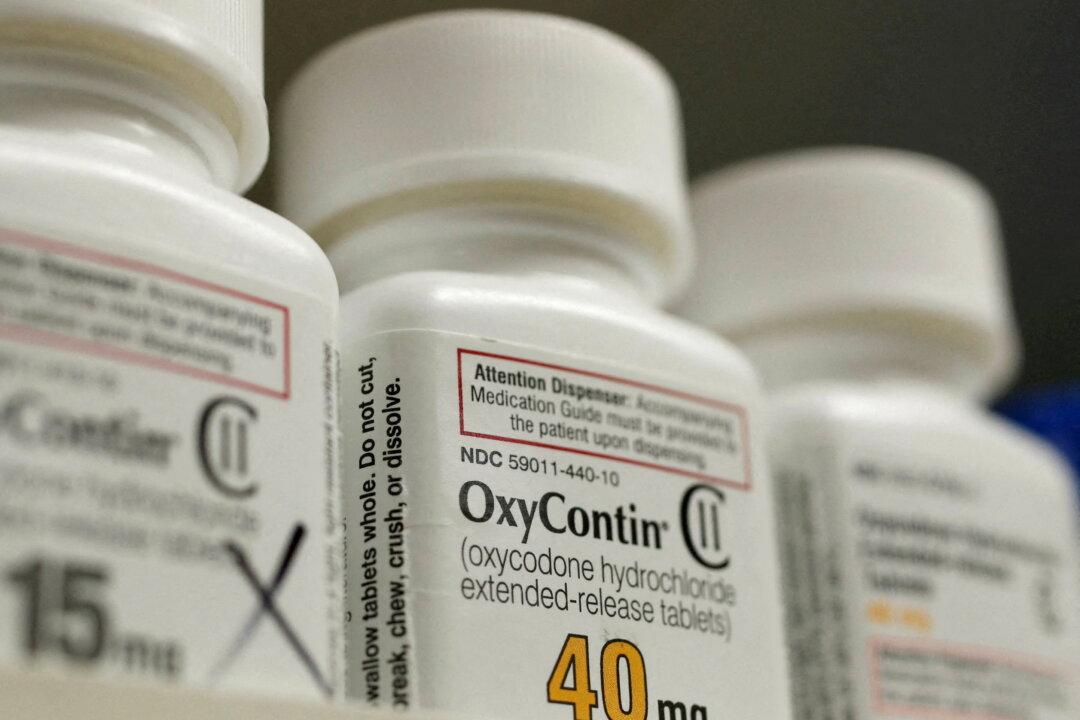Federal authorities have indicted 42 defendants in what they said is the largest case of pharmacy burglaries in the history of the Drug Enforcement Administration’s (DEA’s) operations.
The defendants allegedly conspired to burglarize over 200 pharmacies across 31 states, including 20 in Arkansas, where the investigation began, U.S. Attorney for the Eastern District of Arkansas Jonathan Ross said.





